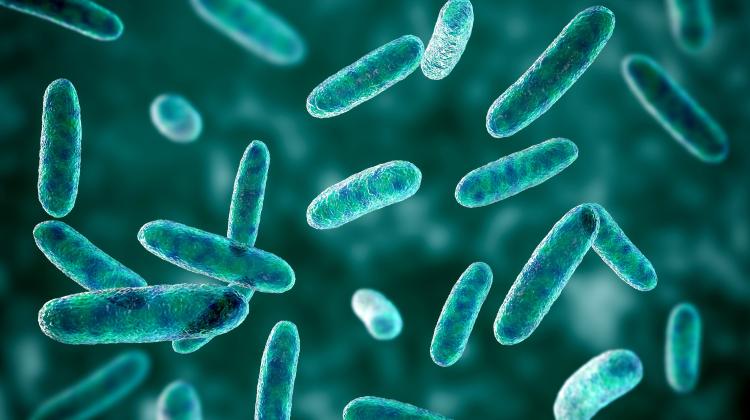Catalysts - trained experts for special tasks
 Photo: Fotolia
Photo: Fotolia
Polish catalysts improve the production processes of medicines, polymers, biofuels and hundreds of chemical compounds. Professor Karol Grela continues to "train" his catalysts to solve increasingly specialized problems, which results in real savings and helps to protect the environment.
Chemist from the University of Warsaw Prof. Karol Grela studies the catalytic reactions used in the synthesis of any chemical molecule that has, or had, a double bond. Olefin metathesis is such a reaction. Olefin metathesis is the basis for producing life-saving drugs, including a hepatitis C drug. Other potential applications of metathesis are medicines for animals, as well plant protection products that are safe for bees and the environment.
"Our catalysts are used to create only one type of chemical bonds: between two carbon atoms. They can not create other bonds, but they do carbon-carbon double bonds so well: in very undemanding conditions, quickly, efficiently and without by-products" - the professor explains.
Professor Grela tries to make his catalysts more selective. He emphasizes that human life can depend on the catalyst selectivity. "For example, in the past it was not possible to selectively produce only one isomer of a drug. Two isomers would be made at once. And this second isomer could cause foetal damage, for example" - says the scientist.
The Polish chemist sells catalysts mainly to specialized "dealers". Then they are distributed to petrochemical, pharmaceutical and polymer companies. His research team at the university has cooperation contracts with the industry. The university holds the rights to developed inventions and benefits from patents. According to Prof. Grela, serious companies are usually "fair" towards scientists. Companies that buy a patent often want to extend cooperation and finance completely different research projects. Long-term cooperation in fact generates more money than a one-time sale of a patent.
According to Prof. Grela, a successful researcher is one that manages to "peak under the nature`s skirt" and see something that was carefully hidden and incomprehensible. He says that his work is spying on nature and solving problems - in his case very specialized ones. He and his team members often burn the midnight oil or sacrifice family life to improve the efficiency of a process by a few percent, specify a measurement by a few hundredths, or simply learn something new.
"If my catalyst causes even minor improvements in production, that is already a big success translating into real savings. These are not events at the level of a flight to Mars and back. In fact, we only look at the pieces from under this +skirt+. But efficiency improvements from 60 to 70 percent can determine whether a given drug goes to production or not" - the chemist explains.
As part of the Team-Tech project, his team is actively looking for new users of developed technologies - not only among entrepreneurs, but also scientists. Catalysis can be useful for both biologists (for example to modify bacterial cell membrane), as well as engineers from Polska Grupa Zbrojeniowa to develop a new bulletproof vest or helmet.
The Foundation for Polish Science reminds about Prof. Karol Grela`s achievements as part of its campaign. The aim of the campaign is to raise funds for a program supporting young scientists at the earliest stage of their careers. Professor Grela went from the START scholarship holder to the highest FNP Prize winner.
PAP - Science in Poland, Karolina Duszczyk
kol/ ekr/ kap/
tr. RL
Przed dodaniem komentarza prosimy o zapoznanie z Regulaminem forum serwisu Nauka w Polsce.















